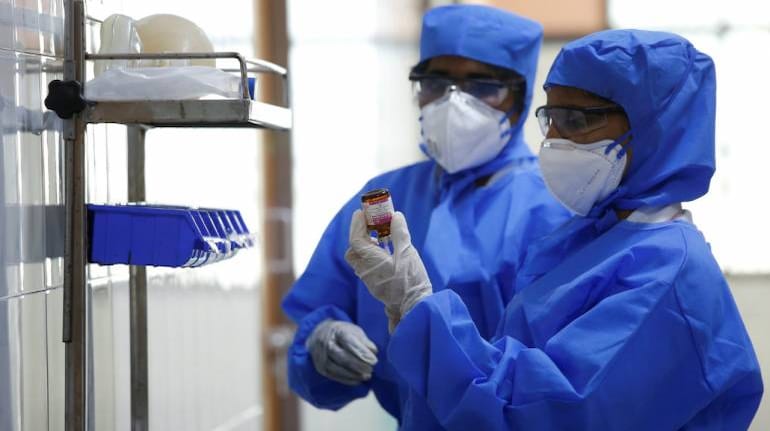

India has received the much-awaited five lakh rapid COVID-19 testing kits from China and these are not meant for an early diagnosis of the disease rather for monitoring whether coronavirus hotspots in India are increasing or showing a declining trend, the government said on Thursday.
Addressing a daily briefing on COVID-19 situation in the country, chief of Epidemiology and Communicable Diseases at ICMR Dr Raman R Gangakhedkar said the serologic rapid testing kits have been provided by two Chinese companies.
"These kits will be used to check antibodies which the body of a person prepares as a weapon to fight a virus. There are different types of antibodies, one of which is immunoglobulin M (IgM) that does not stay for more than a few days and spotting of IgM antibody means the infection is recent, he said.
Whereas, detection of immunoglobulin G (IgG) antibody indicates that our immune system is improving. If only IgG and no IgM antibody is detected, it is assumed to be an old infection, Dr Gangakhedkar explained.
He said the rapid antibody test kits procured are not meant for early diagnosis, but "only for surveillance and trend checking".
"The tests can be done periodically to see the trend. If we do an antibody test say after around two weeks, these will appear in only 80 percent of the people. That is why these tests are not used for early diagnosis but are for surveillance," the ICMR official said.
Till date, RT-PCR is the ultimate test for the detection of novel coronavirus, he asserted.
About reports suggesting that such kits are faulty, Dr Gangakhedkar acknowledged that the sensitivity and specificity of these are less.
"Since rapid antibody tests are for monitoring and surveillance, there is no concern with respect to the testing kits being faulty. That concern was with respect to immune response alone," he explained.
He further said that 290,401 samples have been tested so far, of which 30,043 were tested on Wednesday itself.
Out of the tests carried out on Wednesday, 26,331 were done in laboratories under Indian Council of Medical Research (ICMR) network and 3,712 in private labs, he added.
Commenting on the testing capacity of ICMR network, the official said, "Working in one shift, more than 42,400 samples can be tested each day. If we work in two shifts, we will be able to test more than 78,200 samples daily."
Dr Gangakhedkar further talked about the use of doing pooled testing which, he said, will reduce cost and yield the same result. This can be done in areas where positivity rate is low, he added.
According to the health ministry, the death toll due to the novel coronavirus rose to 420 with 28 fatalities reported since Wednesday evening, while the number of cases saw a jump of 826 to go up to 12,759 cases on Thursday.
On Thursday afternoon, Joint Secretary in the Health Ministry Lav Agarwal said, "If our case fatality rate is 3.3 percent then the percentage of people who have recovered so far is around 12.02 percent."
He also said that 325 districts in India have not reported any coronavirus case so far because of actions initiated at field level.
Also, the implementation of containment strategies in some districts which earlier had reported COVID-19 cases, have yielded positive results. One of such place is Puducherry's Mahe district where no case of the infection has been reported in the last 28 days. There are 27 other districts also where no positive case has been reported in a fortnight, he said.
These 27 districts include Panipat and Rohtak in Haryana, Patna in Bihar, Nadia in West Bengal, and Wayanad and Kottayam in Kerala.
Replying to a query on whether the summer heat will hinder the spread of novel coronavirus, Dr Gangakhedkar said there is no scientific evidence at the moment to prove it.
About Congress leader Rahul Gandhi's allegation that India was not conducting enough coronavirus tests, the ICMR said, "India tests 24 people for one positive case, while Japan tests 11.7, Italy 6.7 and US tests 5.3. So, one cannot say that India is testing less."
At the press briefing, it was also informed that more than 16 lakh free meals have been served by the Indian Railways. Five thousand beds in 17 dedicated Railway hospitals and hospital blocks have been identified and more than 5,000 isolation coaches readied, while over 8 lakh wagons have carried supplies throughout the country.
Discover the latest business news, Sensex, and Nifty updates. Obtain Personal Finance insights, tax queries, and expert opinions on Moneycontrol or download the Moneycontrol App to stay updated!